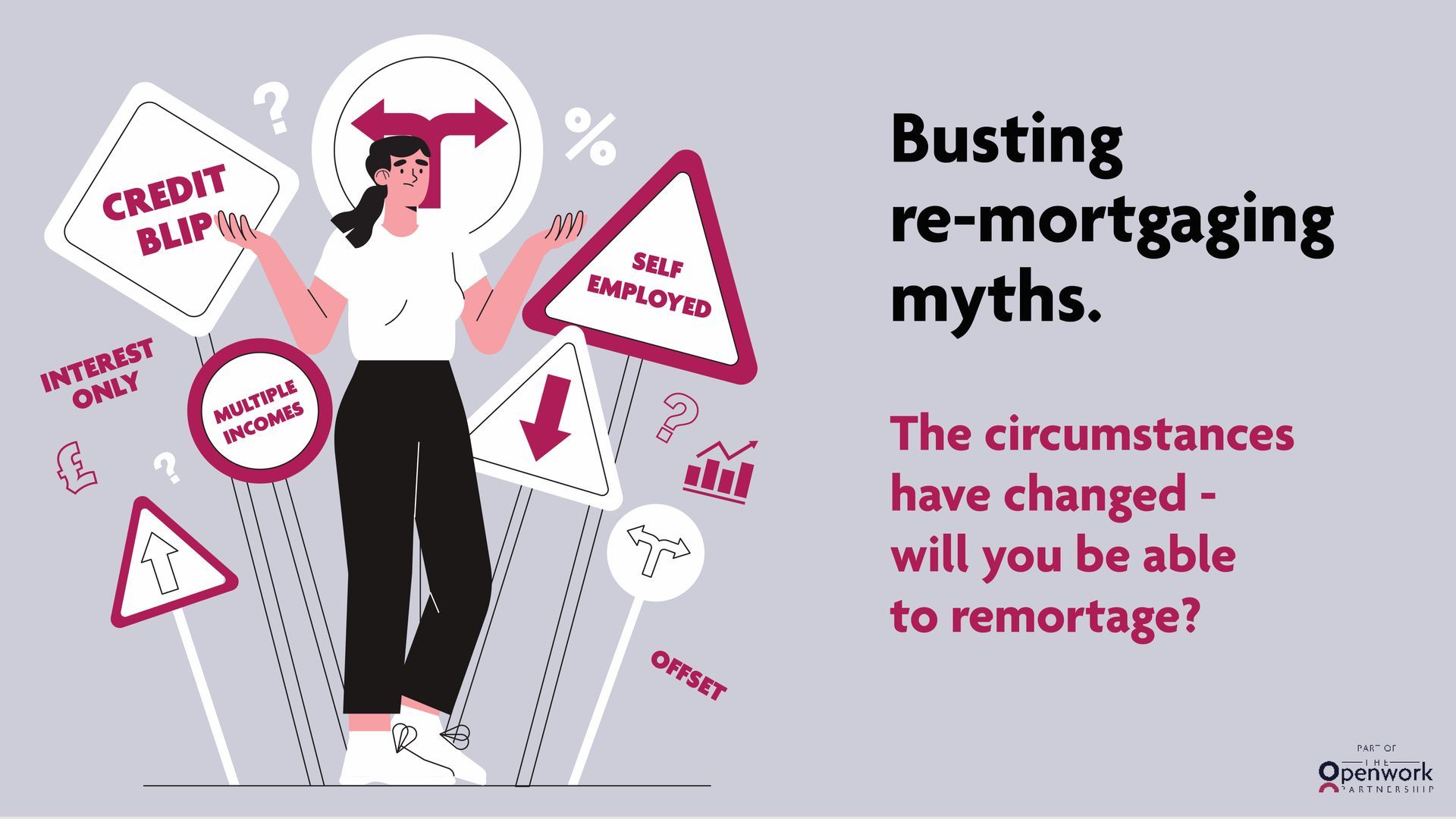The Social Media Conundrum: First-Time Buyers at Risk of Inaccurate Information
This is a subtitle for your new post
Introduction:
In today's digital age, social media has become an essential part of our lives, influencing various aspects, including how we search for information on important matters like buying a first home. Unfortunately, a concerning trend has emerged, as 8 out of 10 first-time buyers now turn to social media platforms for tips and advice. While the ease of access and instant gratification of information may seem appealing, this reliance on social media exposes these prospective buyers to the risk of inaccurate and misleading information. In this article, we delve into the potential dangers and offer practical solutions to navigate the overwhelming sea of social media advice for first-time buyers.
The Appeal of Social Media for First-Time Buyers:
The allure of social media lies in its vast network of user-generated content and the ability to connect with like-minded individuals. First-time buyers often seek out these platforms to gain insights from those who have already navigated the property market. While genuine experiences can indeed provide valuable insights, the danger lies in the potential spread of misinformation and opinions being treated as facts.
The Risk of Inaccurate Information
One of the main concerns with relying solely on social media for first-time buyer tips is the prevalence of inaccurate information. Various factors contribute to this problem, such as the anonymity of users and the absence of fact-checking mechanisms on these platforms. Advice given by well-meaning individuals may not necessarily align with professional advice, leading to potential mistakes or missed opportunities for first-time buyers.
The Impact on Decision Making:
The consequences of acting on inaccurate information from social media can be far-reaching. First-time buyers might make misguided decisions based on misconceptions about the real estate market, mortgage options, or legal aspects of property transactions. These decisions could lead to financial strain, legal disputes, or even a delayed entry into the property market.
Navigating the Social Media Maze:
While it is crucial to approach social media with caution, that doesn't mean first-time buyers should completely avoid seeking advice online. Instead, a more balanced approach is recommended.
a. Cross-Check Information: Verify the tips and advice you come across on social media through reliable sources such as government websites, accredited real estate agencies, or financial institutions.
b. Consult Professionals: Seek guidance from qualified professionals like real estate agents, mortgage advisors, and solicitors. Their expertise ensures you receive accurate and tailored advice for your specific circumstances.
c. Join Online Communities: Participate in reputable online forums or groups where industry experts actively engage with members and share valuable insights.
d. Educate Yourself: Take the time to educate yourself about the property buying process, mortgage options, and relevant legal considerations. Knowledge is your best defence against misinformation.
The Power of Prudence:
In their quest to buy their first home, first-time buyers must prioritise prudence over hasty decisions influenced by social media advice. Being cautious and well-informed is essential to avoiding the pitfalls that could jeopardise this significant investment.
Conclusion:
Social media undoubtedly offers a treasure trove of information, but it comes with inherent risks. First-time buyers should tread carefully, ensuring they validate the advice they encounter online before making critical decisions. By combining the insights gained from social media with professional expertise and self-education, prospective homeowners can confidently navigate the property market and achieve their dreams of homeownership.
YOUR HOME MAY BE REPOSSESSED IF YOU DO NOT KEEP UP REPAYMENTS ON YOUR MORTGAGE
Approved by The Openwork Partnership on 26/07/23











